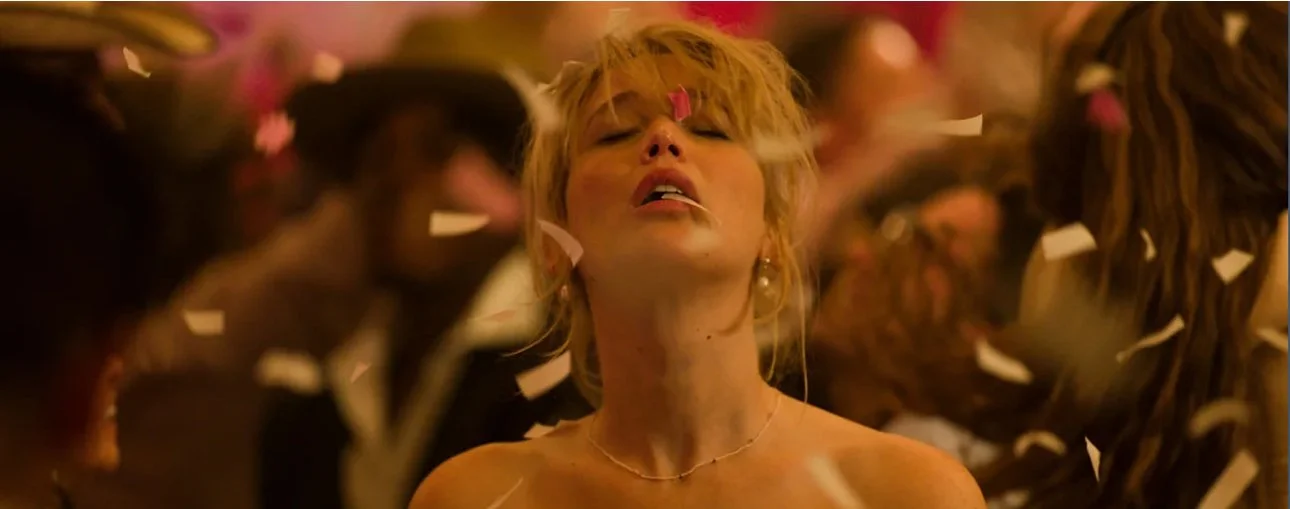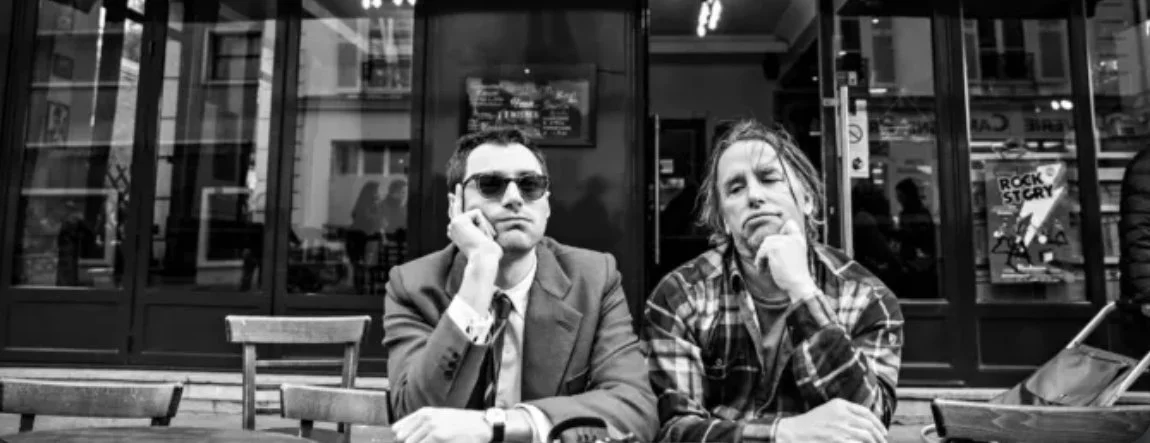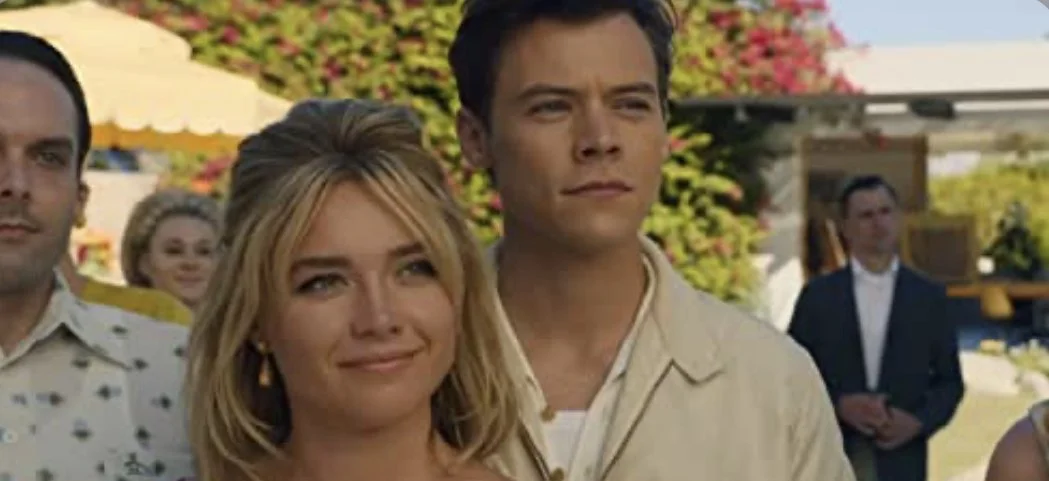I’m telling you, if Olivia Wilde’s “Don’t Worry Darling” didn’t have all this behind-the-scenes baggage going against it then maybe critics would have been kinder to it. It’s not a terrible movie, nor is it a very good one.
I’m reminded of the ecstatic reactions that Nate Parker’s “The Birth of a Nation” received at Sundance 2016. It was almost a cinch for a Best Picture nomination according to many people who saw it during that snowy January. The standing ovation the film got at its premiere was unlike any I had seen before at the festival.
Then came the allegations against Parker, and the raves his film garnered at Sundance all of a sudden stopped and quickly turned into pans when “The Birth of a Nation” was released in October. So, the movie was good when Parker was considered “pure,” but now it’s shit because, it turns out, he’s a bad hombre?
It seems as though critics struggle mighty hard to separate the art from the artist. Another example is Woody Allen. He’s released a few gems since the #MeToo era basically shunned him from society, but his post-2016 films have been some of the most savagely reviewed of his entire career. Ditto Roman Polanski, who released one of the great movies of his career (“An Officer And A Spy”) but its 56 Metacritic score tells a very different story.
It’s just how many critics roll these days. They go with the current zeitgeist instead of trusting, first and foremost, their own critical instincts.
“Don’t Worry Darling” was most likely going to be positively greeted by critics before Wilde sabotaged her own fortune by engaging in one of the most legendary of PR disasters. Her film isn’t bad; it’s decent enough that it grabs your attention and makes you wonder where it’s going next. Harry Styles overacts, but Florence Pugh is her commendably reliable self here.
Wilde is clearly going for a social commentary here. However, if you’ve read the screenplay, which has been on the famous Hollywood blacklist for a few years now, you quickly realize that this is a feminist statement about male abuse via sci-fi tropes.
It’s basically “Stepford Wives” meets “The Truman Show.” We’ve seen it all before: Pugh’s housewife realizes something’s a little off with her cozy ’50s suburbia, and it turns out the men are conniving masochists who want their wives to kneel down for them. You also can’t help but chuckle at the scenes Pugh and Wilde share together on-screen. It’s a silly little matinée film that, for all the wrong reasons, could garner cult classic status in the years to come.
Wilde’s “Booksmart” was wildly overpraised in 2019 and there was absolutely no reason for critics to have not gushed over “Don’t Worry Darling” the same way, it’s just that this time around, no film writer wants to touch this film with a ten-foot pole. Wilde is toxic.






